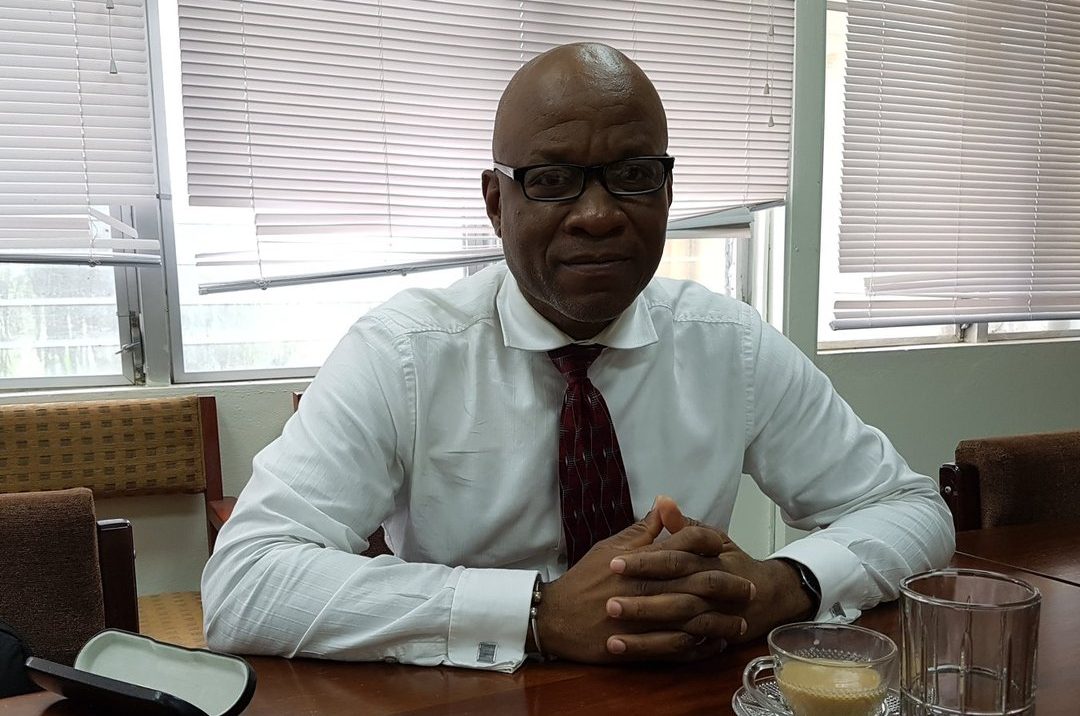By LINCOLN DEPRADINE
Labour statistician Dr. C. Justine Pierre, whose Black-owned Ontario-based company is
conducting separate Labour Market Needs Assessments (LMNAs) in St. Lucia and
Guyana, says a similar exercise is needed in Canada to address unemployment and
underemployment among the country’s Black population.
An LMNA will provide data such as level of unemployment in the Black community and
skills availability among people of African descent in Canada, said Pierre, a researcher and
director of Dunn, Pierre, Barnett & Company Canada Ltd.
“We have to get the data,” Pierre told Share in an interview.
The data garnered from a labour market survey could help rectify what Pierre described as
the low “business-to-population” ratio in the Black community and also would enable
measures to be taken for businesses owned by African Canadians to be better positioned to
hire more job-seeking Black youth.
“Our business-to-population ratio is 2.6. That is too low. With a business-to-population
ratio of 2.6, we cannot employ our young people when they come out of school,” said
Grenada-born Pierre.
“The greatest employment of White people, for example, is White people. The greatest
employment of Asian and South Asian people is Asian businesses. But the greatest
employers of Black people in Canada are not Black people.”
Among the specialized services of Dunn, Pierre and Barnett is the collecting,
disseminating and analyzing of data –including administrative, primary, labour force and
migration statistics – on diverse populations globally.
The company, with more than 15 years of experience in business, has conducted research
on Black, Indigenous and People of Colour (BIPOC) populations across Canada and
abroad.
Dunn, Pierre and Barnett has worked extensively in the Caribbean. It now has two teams –
one in Guyana and the other in St. Lucia – conducting Labour Market Needs Assessments.
A six-month contract, signed in January with the St. Lucian government, calls on Dunn,
Pierre and Barnett to identify – through the LMNA – “the skills gap within sectors and
address the mismatch of skills through various interventions, such as technical vocation
education and training, to meet current needs and project future skills requirements based
on local, regional and national market trends”.
The St. Lucian government, underscoring the importance of the LMNA, said “an efficient
workforce system should be ‘fit for purpose’, aiming to have the right number of persons
with the right skills in the right jobs at the right time”.
It said it believes that conducting an LMNA will bring “a more strategic approach to
understanding the needs of employers and equipping the labour market with the skills
necessary to remain relevant and secure job opportunities”.
Under the project in Guyana, which began three months ago, Dunn, Pierre and Barnett is
carrying out a rapid assessment of the country’s current workforce, with the goals of
gaining a better understanding of skills demands and excess supply, equipping the labour
force with the necessary skills, including digital and socio-emotional skills and facilitating
planned investments in secondary education and technical and vocational education and
training, oil and gas, low-carbon technology, digital development, climate-resilient
agriculture and ICT.
Dunn, Pierre and Barnett’s research in Canada has revealed that not only are Black-owned
businesses “predominantly shut out of many of the country’s important financial, economic
and industrial activities”; but also, that of a Black private sector of about 27,640
businesses, 86 per cent of them has less than three employees. More than half are based in
Ontario.
“Within the Black community, we don’t have enough businesses to support our people.
We’re not generating enough businesses in our community. We have one of the lowest
business-to-population ratios,” Pierre said. “Black people are the only group in Canada that
cannot employ themselves.”
The first thing that should occur, according to Pierre, is for the government to sanction a
Black community LMNA.
“What we want,” said Pierre, “has not happened in the history of Canada. That’s for a
labour market needs assessment to be conducted on the Black population.”




